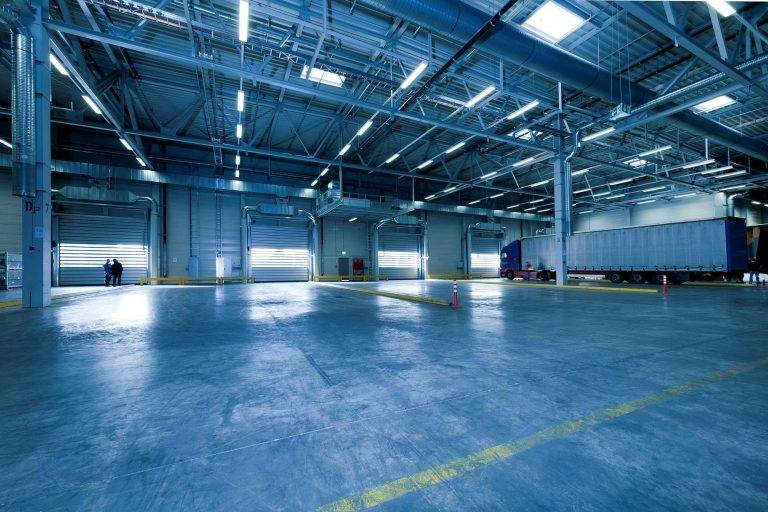If your business is struggling with debt and you are considering liquidating your company, it is crucial to act swiftly. With the right advice and support, like the assistance we as liquidation lawyers provide, it is possible to liquidate and even continue trading. Liquidation is often viewed as a last resort, but it should be the first step businesses take when financial problems arise.
What is Business Liquidation?
Business liquidation is a process where a company’s assets are sold by a liquidator to pay off its debts. If the company has no assets, the debt is written off. Liquidation can be an effective way to manage financial difficulties when a business is unable to meet its debt obligations.
In South Africa, the liquidation process is governed by the Companies Act of 2008, as well as the old Companies Act of 1963. This complex process requires the guidance of a qualified liquidation lawyer to ensure that it is handled properly. Beware of people who are not liquidation lawyers.
Why Would a Business Need to Liquidate?
Several reasons may lead to a business needing to liquidate:
- Insolvency: A business that cannot pay its debts as they become due is considered insolvent. According to the Companies Act of 2008, a company must liquidate if it is unable to pay its debt.
- Failed Business Rescue: When a business rescue process fails to turn a company around, liquidation is typically the next option. In many cases, businesses should not enter business rescue but rather opt for liquidation sooner.
- No Recovery Prospects: If a business cannot recover from its financial struggles, liquidation is the most effective solution.
- Shareholder Dispute: A deadlock among shareholders can make a company unmanageable. Liquidation is often the best way to resolve such issues promptly.
The Liquidation Process in South Africa
When a business goes into liquidation, a liquidator is appointed to manage the process. The liquidator’s role is to sell the company’s assets (if any), settle its debts, and distribute any remaining funds to the shareholders. If the assets are insufficient to cover the debts, creditors must write off the shortfall. If there are no assets, creditors will not be paid anything, and all debt must be written off.
The liquidation process typically involves the following steps:
-
The liquidation process generally includes the following steps:
- Appointment of the Liquidator: The liquidator is appointed by the Master of the High Court. While the Master has the final say, employees, shareholders, and creditors can nominate a liquidator.
- Notification of Creditors: The liquidator must notify all creditors about the liquidation proceedings.
- Sale of Assets: The liquidator will sell the company’s assets to pay off debts. It is not necessary for a company to have assets to liquidate. In some cases, directors or interested parties may purchase the company’s assets back from the liquidator.
- Distribution of Funds: If there are assets available, the liquidator will distribute the proceeds first to creditors. Any remaining funds will be allocated to shareholders.
- Deregistration: Once the liquidation process is complete, the company will be deregistered with the Companies and Intellectual Property Commission (CIPC).
Speak to a Liquidation Lawyer Today
If your business is struggling with debt, it is vital to take action quickly. With the right guidance and legal expertise, it is possible to liquidate your business and manage debt effectively.
We specialize in liquidation processes and can provide you with the advice and support needed to navigate this challenging time. Reach out today to learn how liquidation can help Your business..



